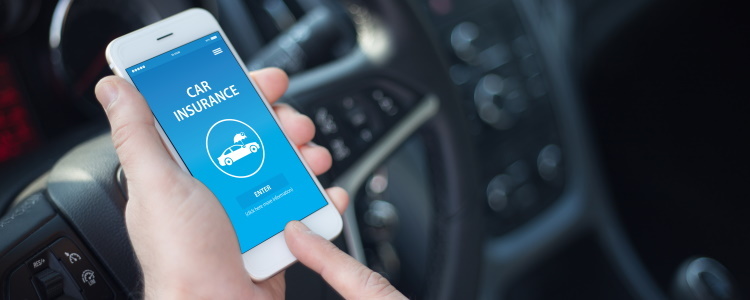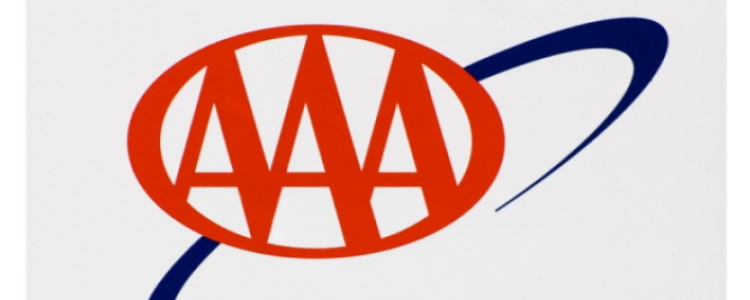While you’re financing a vehicle, you must maintain full coverage auto insurance – it’s not required by your state, but by your lender. If you don't have a loan, you still need to meet your state’s minimum insurance requirements to legally drive your car on the road. Here’s what you need to know about full coverage insurance, and your choice in the matter.
Auto Loans and Full Coverage Car Insurance
Financing a vehicle means you borrow money from a lender, and then you pay them back in installments. Until you completely pay off the auto loan, the lender has ownership rights to the car. They’re listed on the vehicle’s title as a “lienholder,” and it gives them rights to repossess it if you stop paying or break the loan contract.
One of the requirements of an auto loan contract is that you have full coverage car insurance until you pay off the vehicle. Since the car is technically the lender’s, they can, and do, require that the vehicle is covered to the fullest extent.
If you cancel your full coverage auto insurance while you’re financing, you’re breaking terms of your loan contract. The insurance company generally contacts your lienholder right away and lets them know that the insurance coverage has lapsed.
Your lender can then put what’s called “force-placed” coverage, and add the cost of it to your monthly loan payment. It’s typically more expensive than if you were to choose the insurance for yourself, since the lender isn’t going to shop for the cheapest rates out there – you’re the one footing the bill – because they just want the car covered.
If you refuse to pay for the force-placed coverage, or you can’t afford it, then the lender hires a recovery company to repossess your vehicle. Your other option is to reinstate your previous full coverage that you canceled, or find another insurance plan that meets your lender’s requirements. Contact your lender to see what their insurance requirements are and what you need to do to remove force-placed coverage.
Types of Auto Insurance Coverage
If you’re not financing, then you can simply opt for personal liability and property damage (PLPD) coverage if you choose. This is usually the most basic level of insurance coverage offered by insurance companies, and it’s required to carry this coverage to drive your car on the road in nearly every state.
Full coverage is defined as a combination of comprehensive, collision, and liability insurance.
- Comprehensive – Can cover damage from “perils” such as fire, theft, vandalism, or other single accidents not involving another driver, and carries a deductible.
- Collision – Covers your vehicle in the event of an accident with another driver, regardless of who's at fault, and carries a deductible.
- Liability – Covers bodily injury and property damage if you’re in an accident and you’re at fault. This is the most basic level coverage that’s required in nearly every state.
The consequences of not carrying any sort of auto insurance on your car are usually hefty fines, and possibly other serious long-lasting repercussions. Not having auto insurance could lead to a misdemeanor or even a suspension of your license depending on your home state.
Check with your state’s minimum car insurance requirements so you can be sure that your insurance plan is up to snuff.
Car Insurance Too Expensive? Consider a Different Car!
The price of your auto insurance is also dependent on what vehicle you’re driving. Newer cars are usually more expensive to insure because they have more bells and whistles that are costly to insure and fix.
Used vehicles are typically less expensive, but it also depends on the make and model. Some cars are more desirable than others, which can make some vehicles a higher risk for theft. Your credit score can even be a factor in your auto insurance costs in many states.
If your car is too expensive to insure, then consider getting another vehicle. Sometimes, though, getting into an auto loan can be hard if your credit score isn’t the best. Instead of searching all over town for dealerships that can work with your credit, let us help at Auto Credit Express.
We’ve produced a nationwide network of dealers that are teamed up with bad credit car lenders, so let us look for a dealership for you in your local area. Fill out our free auto loan request form to begin the search for your next vehicle.
















